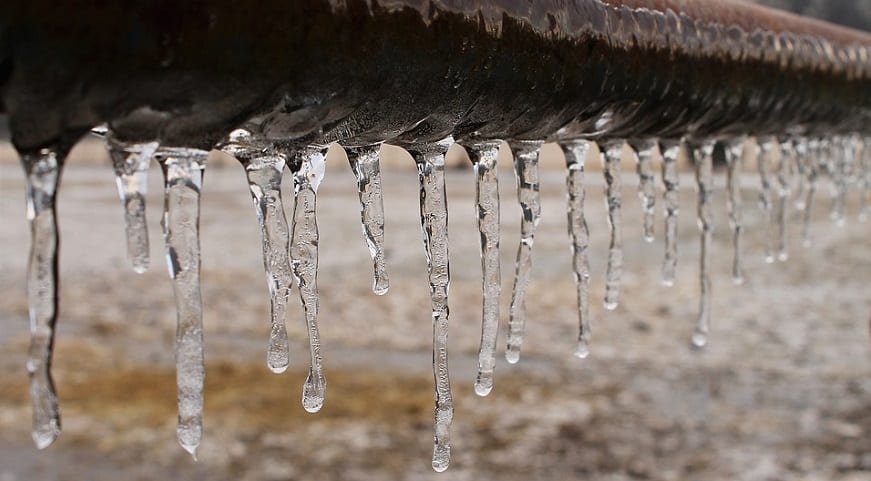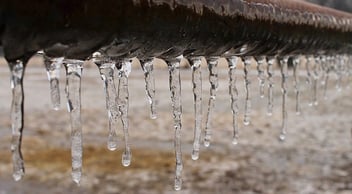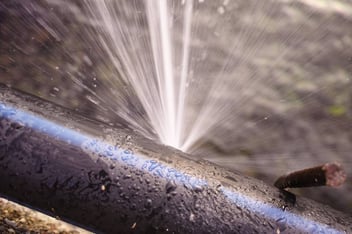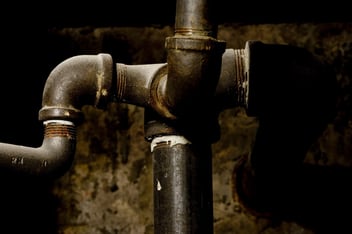During a cold snap this winter, your pipes may freeze, and burst, flooding your home or business. Pipes will freeze if standing water gets trapped in the pipes and the temperature gets below freezing. The frozen water will expand and break the pipe at the seam or tear a hole in it. If it is not caught before it thaws, you might be facing major water damages.
Why Are Claims Denied?
Insurance companies will usually cover damages from frozen pipes, but not every policy does, Some insurance companies will require the home or business owner to keep the building a certain temperature to attempt to prevent pipes from freezing, and failing to follow these policy requirements might make your insurance claim be denied.
They may deny a claim if they are not notified promptly, usually within 72 hours of discovering damages. Insurance companies will list part of your duties as notifying them promptly. Some states and carriers take this rule more seriously than others.
If your insurance company rules that there was neglect, they may deny the claim. This is usually if something was left leaking for too long, like a pipe was leaking in your basement and you did not notice, or you were out of town for several days after the pipe burst.
If a property is either vacant of unoccupied for 30 days or more, your insurance may deny the claim. However, some insurance companies offer an insurance policy for a vacant home, that may cover the damages.
When filing a claim for a frozen pipe bursting, be careful of the terminology you use. The term “flood” for insurance companies refers to water rising from the ground, entering the property, and causing damage. Flood insurance is excluded from homeowner’s insurance policies, so if you include the word “flood” in your insurance claim, you may have it denied based solely on that. Always make sure you refer to this claim as “water damage,” to ensure it does not get denied through a technicality.
Discussing mold damage may also end up leading to a denied claim. Most insurance policies do cover mold damage, but mold can indicate neglect or a repetitive leak, which can lead to your insurance denying the claim.
Your Responsibilities
After you have discovered your frozen pipes have burst, turn off the water to that pipe and take photos and videos documenting the damage for your insurance claim. Continue taking photos and videos throughout the cleanup process as you discover further damages from the flooding. Documenting the cleanup process itself is also helpful, as it will show your insurance company that you took the proper steps to care for your home after the damage was discovered.
Your insurance company will expect you to begin cleaning up and drying out the damage while they process your claim. You will be responsible for hiring professionals to help with the cleanup and mold mitigation measures.
It is important to note that most insurance claims will not cover the replacement of the pipes themselves, just the ensuing water damage as a result of the pipes bursting, so you will likely have to cover the pipe replacement on your own, though don’t be alarmed, plumbing repair is typically the most inexpensive portion, relative to water damage claims.




 Storm Damage
Storm Damage  Property Damage
Property Damage Appraisal Services
Appraisal Services Contact Us
Contact Us




.jpg)
 claims@ucspa.com
claims@ucspa.com Mon-Fri: 9:00am-5:00pm
Mon-Fri: 9:00am-5:00pm